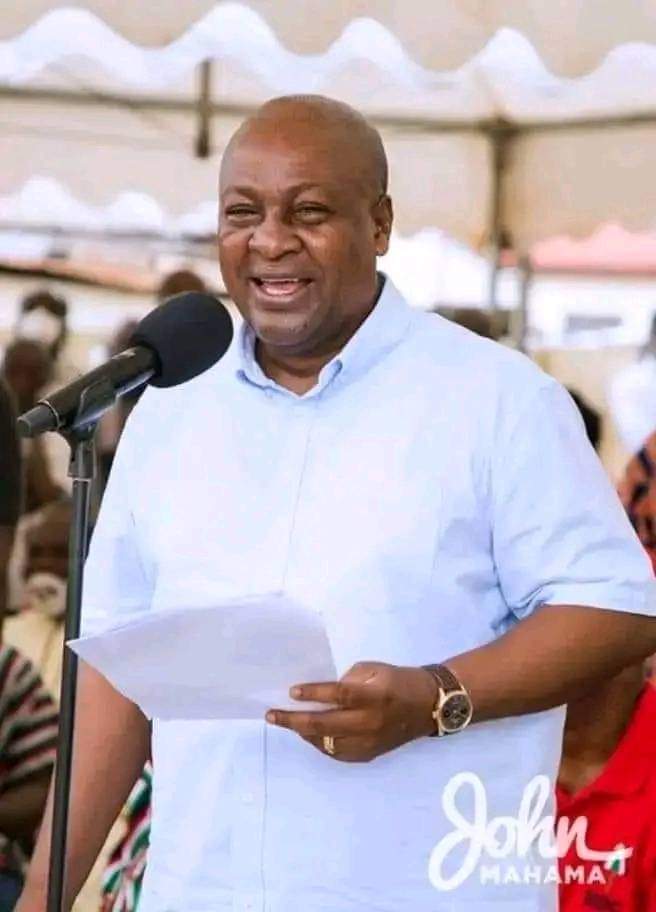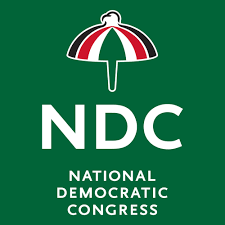Ghana’s education sector has witnessed significant transformations over the years, such as the Free Senior High School policy implemented by the Nana Addo and Bawumia administration, but access to tertiary education remains a challenge for many. To address this, former President John Dramani Mahama who is currently the flag bearer for NDC has introduced the Free First-Year Tertiary policy in his Manifesto. This ambitious initiative, is a cornerstone of the National Democratic Congress’s education agenda, which promises to increase access to higher education, empowering Ghana’s youth to drive the country’s development.
On 12th August, 2024, during NDC manifesto launch, John Mahama announced free academic user fees for all first year tertiary students.
According to him, this is part of his next administration initiative to lessen the burden on parents financing the cost of their children’s education.
“We will implement a no-fees stress programme to alleviate the financial burden on parents and students in financing tertiary education.
“We will implement a no academic fees policy at the university for level 100 students,” he said.
For years, Ghana’s tertiary education sector has been plagued by financial barriers, locking out countless talented youth from accessing quality education. The crippling costs of tuition fees, accommodation, and other expenses have forced many students to abandon their academic dreams, perpetuating a cycle of poverty and inequality.
John Mahama’s policy seeks to address these challenges by waiving tuition fees for all first-year students in public tertiary institutions, providing free-first year academic fees for students in need, and ensuring automatic admission for qualified students from public senior high schools.
The policy’s benefits are multifaceted. Firstly, it would eliminate financial barriers, enabling more students to pursue tertiary education. This increase in access will bridge the gap between secondary and tertiary education, ultimately improving enrollment rates by motivating SHS graduates to take a step into acquiring Tertiary Education.
Additionally, the policy reduces the financial burden on families, allowing them to allocate resources to other essential needs. A more educated workforce will also drive innovation, entrepreneurship, and economic growth, while education becomes a powerful tool for social mobility.
However, implementing the policy poses significant challenges such as, Infrastructure constraints, particularly in public tertiary institutions, may struggle to accommodate increased enrollment. Maintaining academic standards and quality education may also prove difficult. Furthermore, sustaining the policy’s financial burden is a significant concern, requiring efficient resource allocation and other factors that will ensure a successful implementation of the policy should the NDC come to power.
To overcome these challenges, efficient resource allocation is critical for maximizing impact. Policymakers must prioritize resource allocation, focusing on areas with the greatest need. This strategic approach ensures optimal utilization of resources, minimizing waste and inefficiency. Efficient resource allocation also enables policymakers to target specific demographics or regions, promoting equity and inclusivity.
Additionally, Public-private partnerships can also fund infrastructure development, reducing the financial burden on government. Efficient resource allocation, reducing waste and inefficiency, is crucial. Investing in administrative capacity, training staff to manage increased enrollment, will ensure smooth implementation.
Monitoring and evaluation frameworks must also be established to track progress. Regular assessments will identify areas requiring improvement, enabling policymakers to make informed decisions.
By addressing the challenges and implementing solutions, Ghana can create a more inclusive, equitable, and prosperous education system, empowering future generations. The Free First-Year Tertiary policy has the potential to transform Ghana’s education landscape. While challenges exist, careful planning, collaboration, execution, and innovative solutions can overcome implementation hurdles. As Ghana strives to become a knowledge-based economy, this policy represents a critical step towards empowering its youth.

Nevertheless, it is necessary to vote based on policies scrutiny and the potential impact on the country as the 7th December elections draws closer.
Kadija Seidu / Abdulai Zulkaninu

















